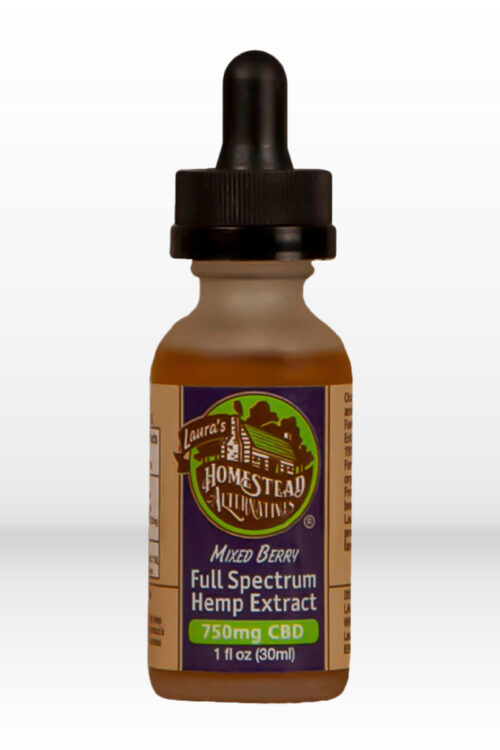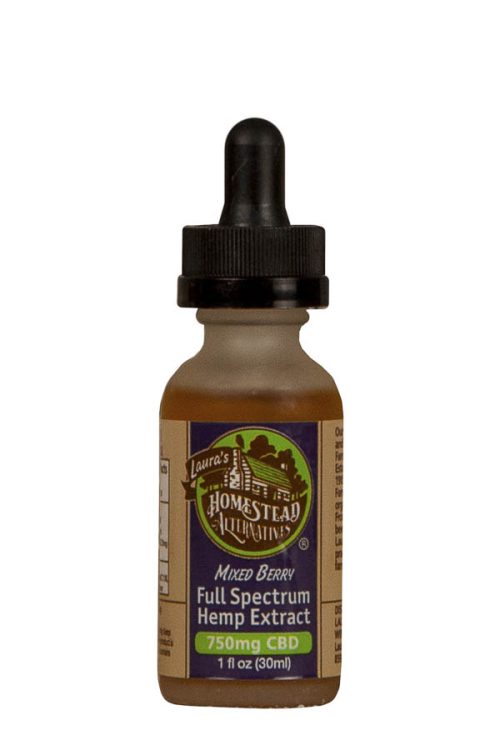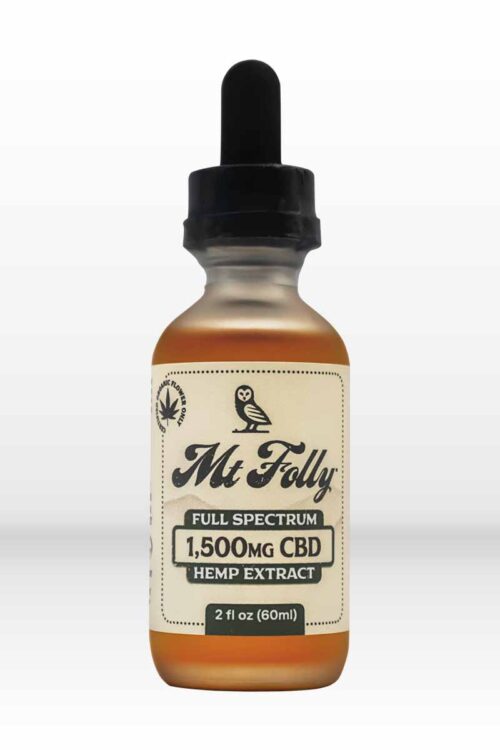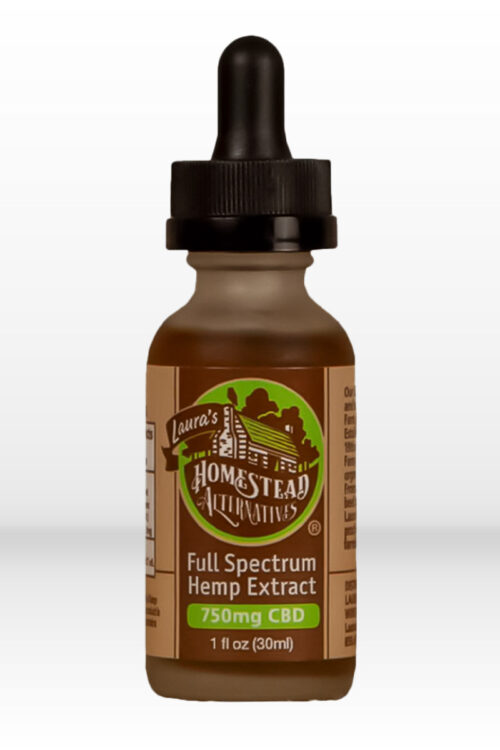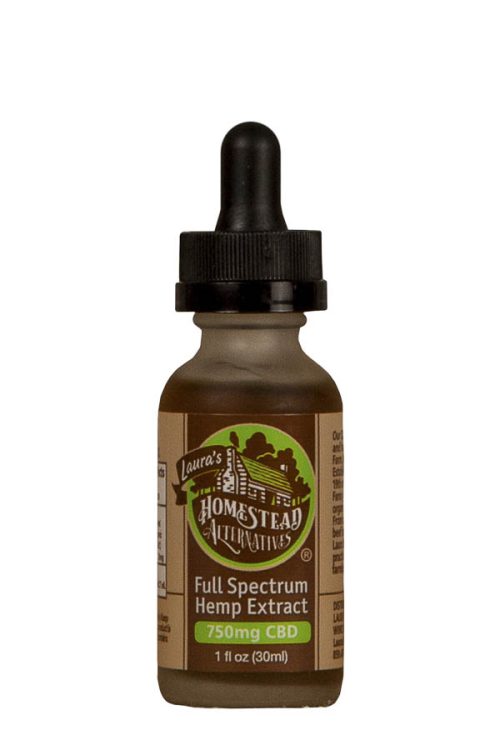What Are Phytocannabinoids?
Phytocannabinoids are cannabinoids that originate from plants, such as CBD. Unlike endocannabinoids produced within our bodies, these plant-derived cannabinoids can still interact with our endocannabinoid system, affecting its function and offering potential therapeutic benefits.
How CBD Influences Endocannabinoid Receptors in Our Bodies
Cannabinoids, including CBD, exert their effects by interacting with receptors throughout the brain and body. The two primary endocannabinoid receptors are CB1 and CB2, with CB1 receptors mainly located in the brain and spinal cord and CB2 receptors found in peripheral organs and tissues.
Compounds like anandamide and 2-arachidonoylglycerol bind tightly to CB1 receptors, initiating various effects in the body. Interestingly, CBD doesn’t directly bind to these receptors but modulates their activity indirectly, meaning even at low doses, it poses a strong influence on these receptors and potentially reduce anxiety, pain, and inflammation.
In addition to its interaction with endocannabinoid receptors, CBD may also affect other key neurotransmitters, including dopamine and serotonin, which could explain some of the positive effects on mood and anxiety reported by users.
CBD is now at the center of hundreds of clinical trials that span a wide variety of disease areas, and the U.S. Food and Drug Administration (FDA) has even approved the oral CBD drug, Epidiolex, for use in the treatment of certain types of epilepsy. The company that makes this drug also has a CBD drug to treat multiple sclerosis, which has been approved in the United Kingdom.
A key finding in the case of epilepsy is the impact of CBD on nerve cells’ sodium channels. The movement of sodium in and out of cells is often abnormal in epilepsy, which can cause the brain cells to fire inappropriately and lead to seizures. Scientists at Indiana University have shown that CBD can inhibit this problematic flow of sodium, reducing and minimizing seizures.
How CBD May Combat Inflammation
In addition to this mechanism that may help CBD improve epilepsy symptoms, CBD has been shown to have numerous other effects that could help with other diseases and disorders, as well as improve overall health. Its effects on inflammation, for instance, have been widely studied.
The body’s immune system is responsible for inflammation. In certain contexts, such as when a harmful foreign substance enters the body, inflammation is beneficial because it effectively suffocates the dangerous entity and eliminates it from our bodies. The immune system therefore initiates inflammatory responses as a way to prevent sickness or injury. However, the immune system is not particularly good at distinguishing harmful stimuli from innocuous ones and often initiates inflammatory responses when there is no benefit to doing so.
Just as inflammation is destructive to foreign substances, it is also destructive to our vital tissues. Our health often depends on fighting our immune system’s tendency toward inflammation, which makes anti-inflammatory agents beneficial to us. Accordingly, experts regularly provide advice on consume to combat our body’s inclination toward inflammation.
CBD appears to be capable of migration of immune cells, which is required for inflammation. When an immune response is initiated, immune cells cluster at a given site, where they cause inflammation. Through its anti-inflammatory properties, CBD has been shown to be helpful in a variety of conditions. For instance, research has shown that CBD has the ability to protect against inflammation-induced vascular damage, which may protect the heart. Scientists have also noted that it has anti-inflammatory properties that may make CBD an effective treatment for skin conditions like acne.
CBD has also been studied for its potential effects on brain diseases. The substance appears capable of inhibiting the production of amyloid-b and tau production, which are hallmarks of Alzheimer’s disease, and this capability may be linked to its anti-inflammatory features. Additionally, much of the damage that occurs from a stroke is the result of the inflammatory response to the initial event. CBD may help combat some of that inflammation and lead to better outcomes for stroke victims.
Frequently Asked Questions About CBD
With the increasing popularity of CBD, many people have questions about its uses, quality, dosage, and more. Here are answers to some common questions:
What Is CBD Most Often Used For?
Our customers frequently use CBD to address inflammation-related issues such as joint pain, muscle stiffness, soreness, neuropathy, and chronic nerve pain. It is also commonly used to alleviate sleeplessness and anxiety. While some companies tend to market CBD other ways, we tend to emphasize its well-documented anti-inflammatory properties.
How Do You Find High-Quality CBD Oil?
With the surge in CBD’s popularity, many new companies have entered the market, some of which may not be fully knowledgeable about hemp farming or CBD production. Here are some tips for finding quality CBD oil:
- Research the Company: Ensure you buy from a reputable company. For example, Laura, with her extensive experience in natural foods and health, guarantees quality through her brand, Laura’s Homestead Alternatives.
- Know the Source and Process: Laura’s Homestead Alternatives CBD is extracted from USDA-certified organic hemp grown on Laura’s Mt. Folly Farm. Organic certification ensures the hemp is cultivated without harmful chemicals, resulting in a higher-quality product.
- Look for Vertical Integration: Companies that control every step of the process, from farming to extraction to testing, tend to produce the highest quality CBD. At Laura’s Homestead Alternatives, the hemp is locally grown, extracted, and tested to ensure product quality and safety.
Laura’s Mercantile: Certificate of Analysis
How Much CBD Should I Take?
While there is no universally recommended dosage, most customers start with 25mg per day and adjust as needed. For more severe conditions, higher doses like 50mg may be beneficial.
How Often Should I Take CBD Oil?
For optimal results, take CBD oil daily at a consistent dosage. Consistency helps maintain the effects, as CBD can build up in the system over time.
Should I Take CBD Oil in the Morning or at Night?
It depends on your needs. For sleep issues, taking CBD at night may be best. For daytime pain relief, morning doses are recommended. Some users find splitting the dose between morning and night provides the best results. Experiment to find what works best for you.
How CBD’s Antioxidant Properties May Protect the Brain
Antioxidants are compounds that fight the damaging oxidative stress that our cells often undergo as a result of a variety of factors including environmental free radicals. Research on CBD has shown that it acts as an antioxidant and that its antioxidant properties seem to provide protection for the brain. Additionally, scientists have observed that CBD’s antioxidant neuroprotective effects are more powerful than other substances with well-known neuroprotective benefits, such as ascorbate, alpha-tocopherol, vitamin C, and vitamin E.
Key Learnings About CBD in the Brain and Body
Our understanding of if and how CBD can best be used to address a variety of health and wellness issues is in its nascent stages, but research is expanding, and our knowledge is growing. Because CBD lacks intoxication capabilities and because tolerance for it develops at a low rate, CBD is increasingly being viewed as an advantageous substance to use therapeutically.
As more research efforts are focused on how exactly CBD affects our brains and bodies, it will become clearer why people report experiencing positive effects when taking CBD. It should also become easier to determine the best ways to use the substance to achieve desired outcomes and address specific ailments.


